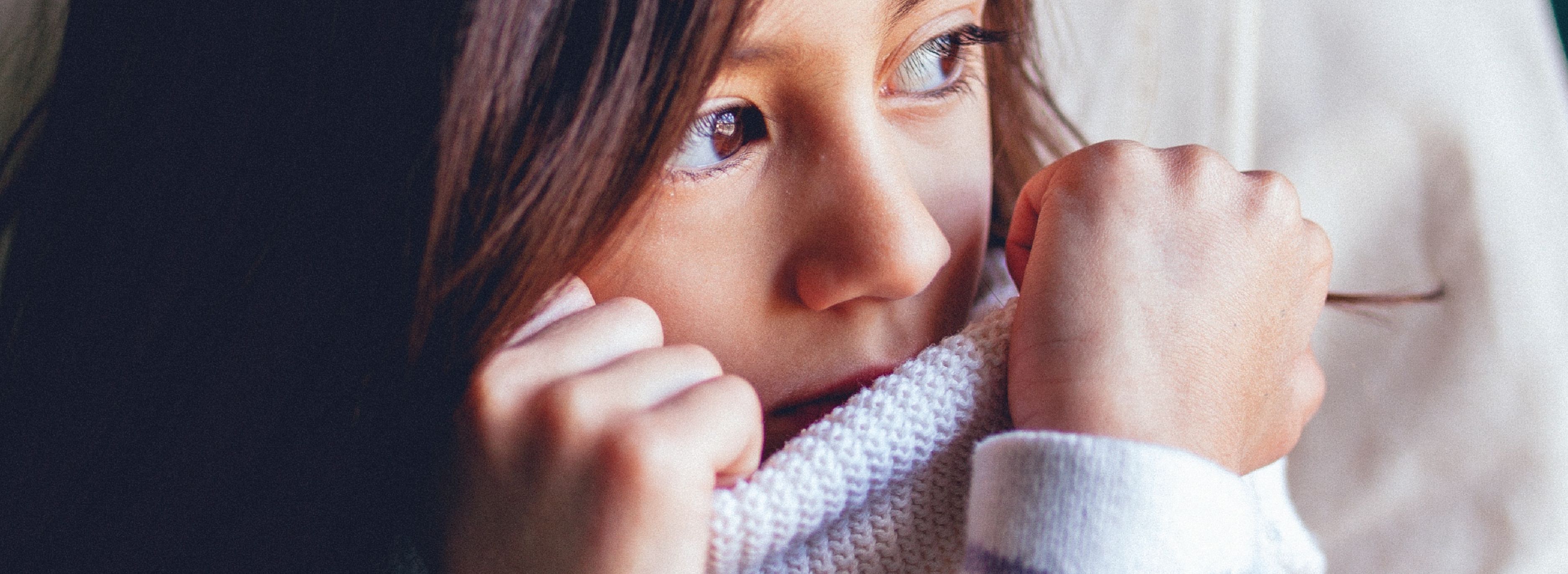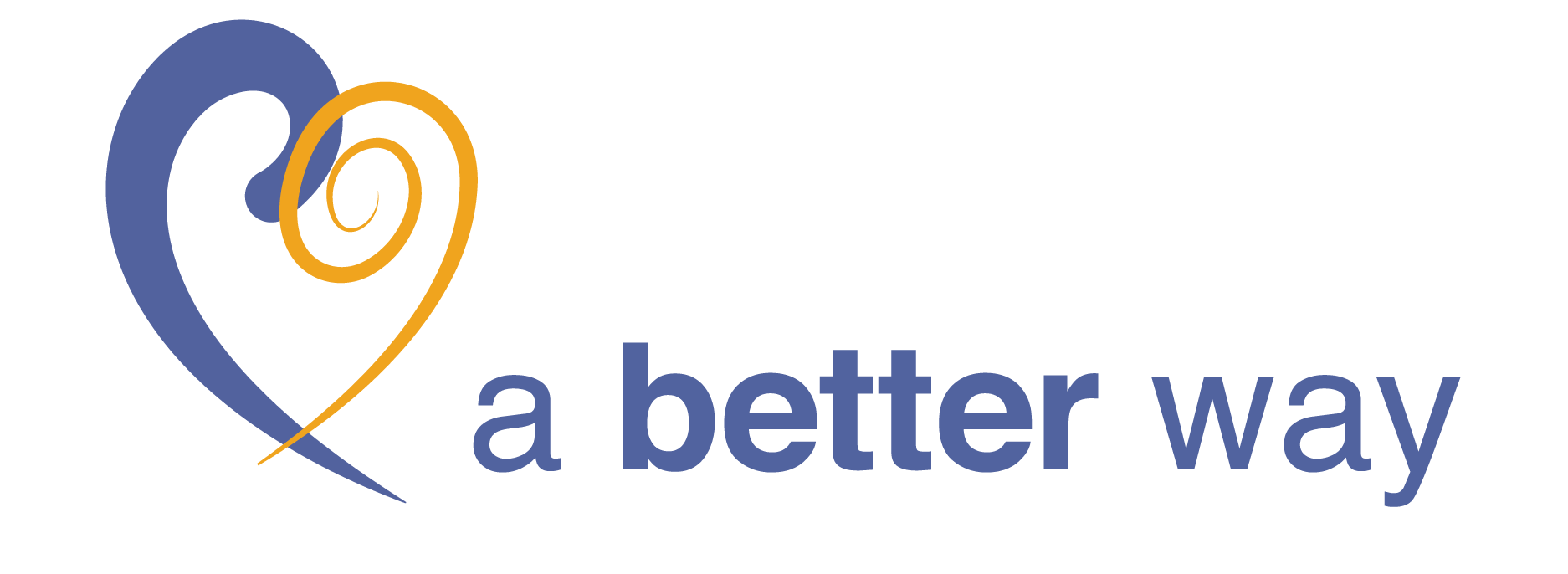Child Abuse


WE'RE HERE TO HELP
MUNCIE OFFICE
765-747-9107
RICHMOND OFFICE
765-966-0538
CRISIS SUPPORT
765-288-HELP
SUICIDE & CRISIS LIFELINE
CALL 988
TYPES OF CHILD ABUSE
Physical Abuse
Cuts, bruises, welts, burns, unexplained fractures, pushing, shaking, kicking, or throwing.
Sexual Abuse
Utilizes or allowing a child to be used for sexual gratification by an adult or another child.
Emotional/Mental Abuse
Mental harm inflicted by verbal harassment, threats, or damaging a child’s self-esteem.
Neglect
Depriving a child of their basic necessities of food, clothing, shelter, hygiene, emotional support and proper care.
Substance Abuse
Exposing a child to any substance that is not suitable for them or may have an adverse effect on their health.
Exploitation
Recruiting children to perform laborious tasks, indulging them in prostitution, or acts of child trafficking.
EFFECTS ON CHILDREN
Statistics
- Evidence suggests the younger the child was at the onset of maltreatment, the more likely they are to experience problems later in life.
- The greater the severity of abuse or neglect, the higher the likelihood of negative outcomes.
- Children often feel guilt when in an abusive environment because they feel responsible for the abuse or feels they should be able to stop the violence.
- About 63% of males between the ages of 11 and 20 are in prison for murdering their mother’s abuser.
- Abusers are 6X more likely to have witnessed domestic violence as a child.
- Domestic violence is the leading cause of birth defects.
- In families, 87% of domestic violence incidents are witnessed by children.
- Children from birth to 3 years old are most often neglected.